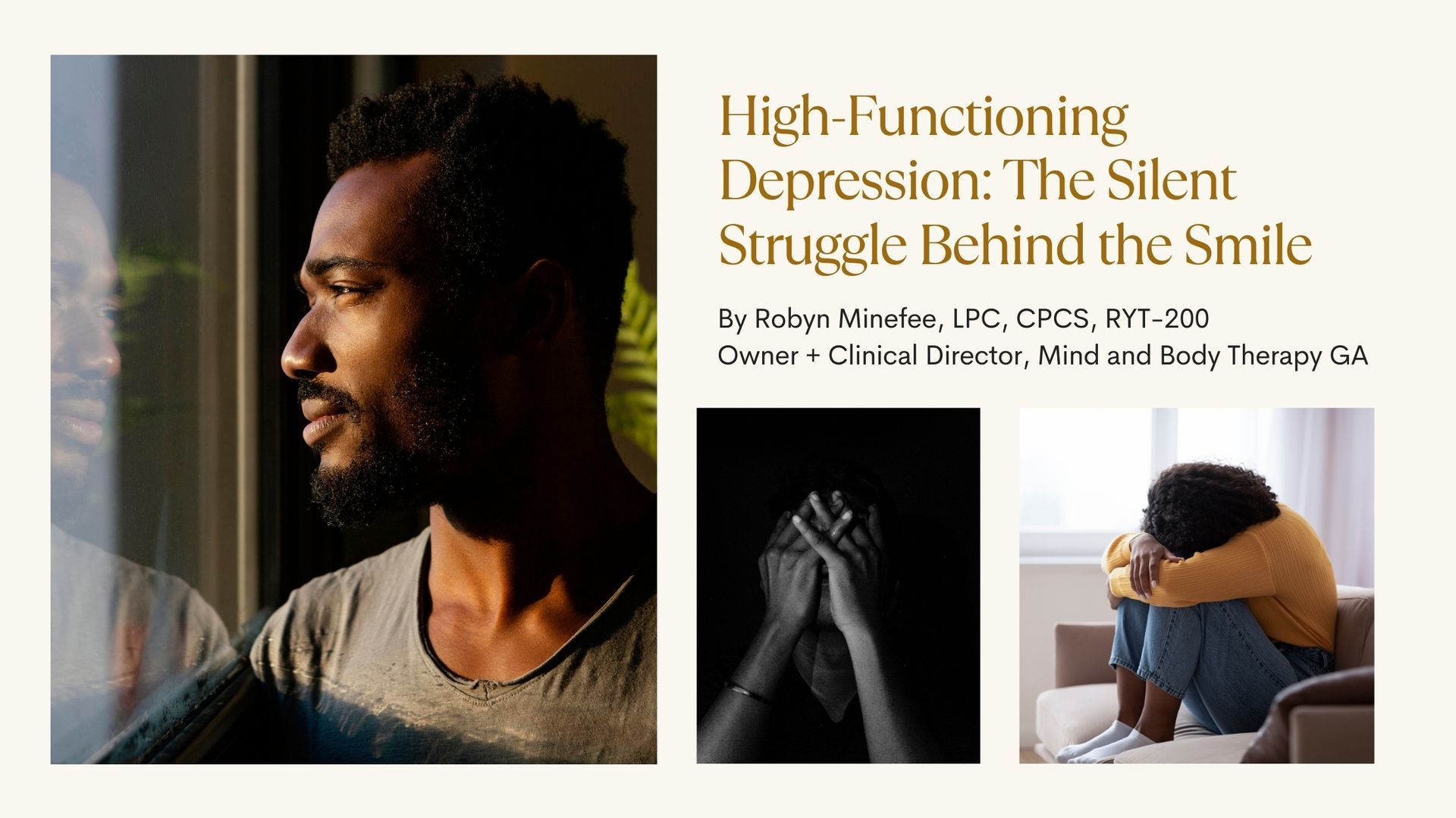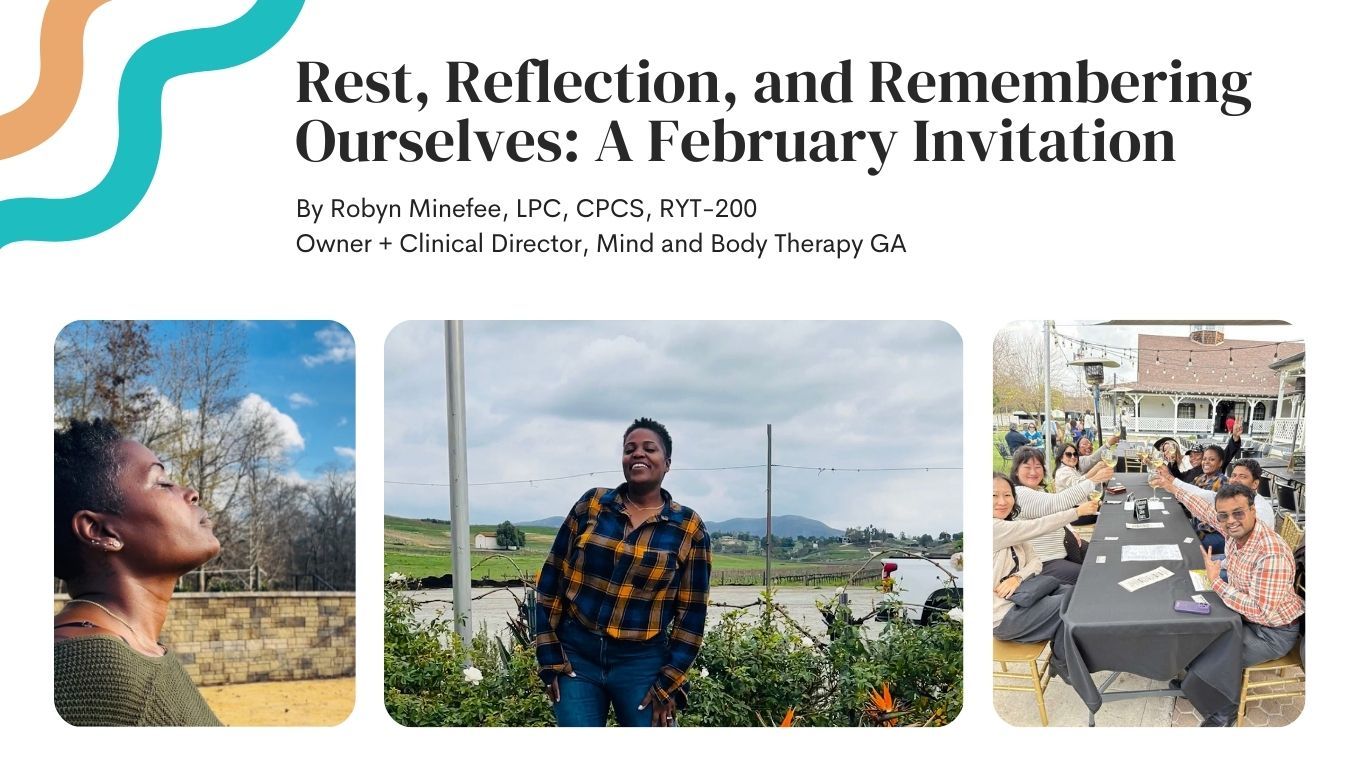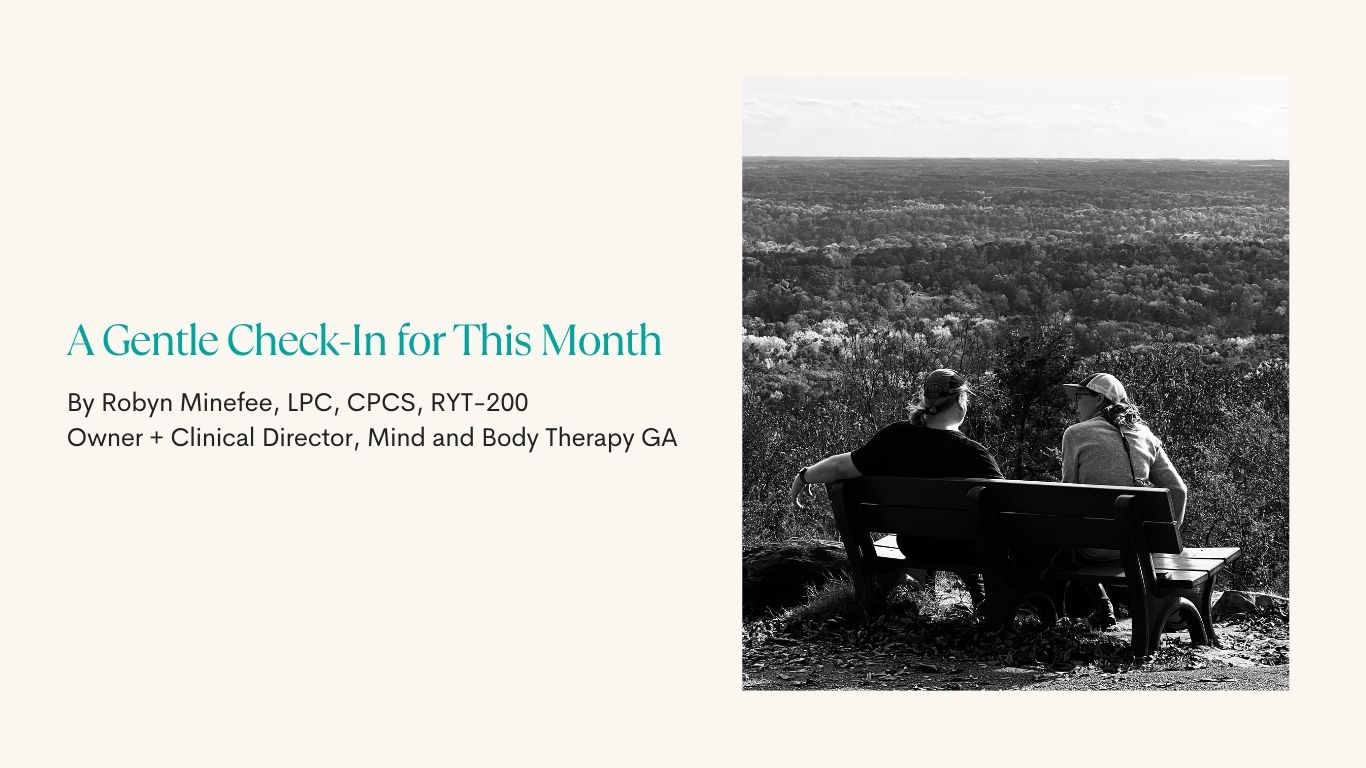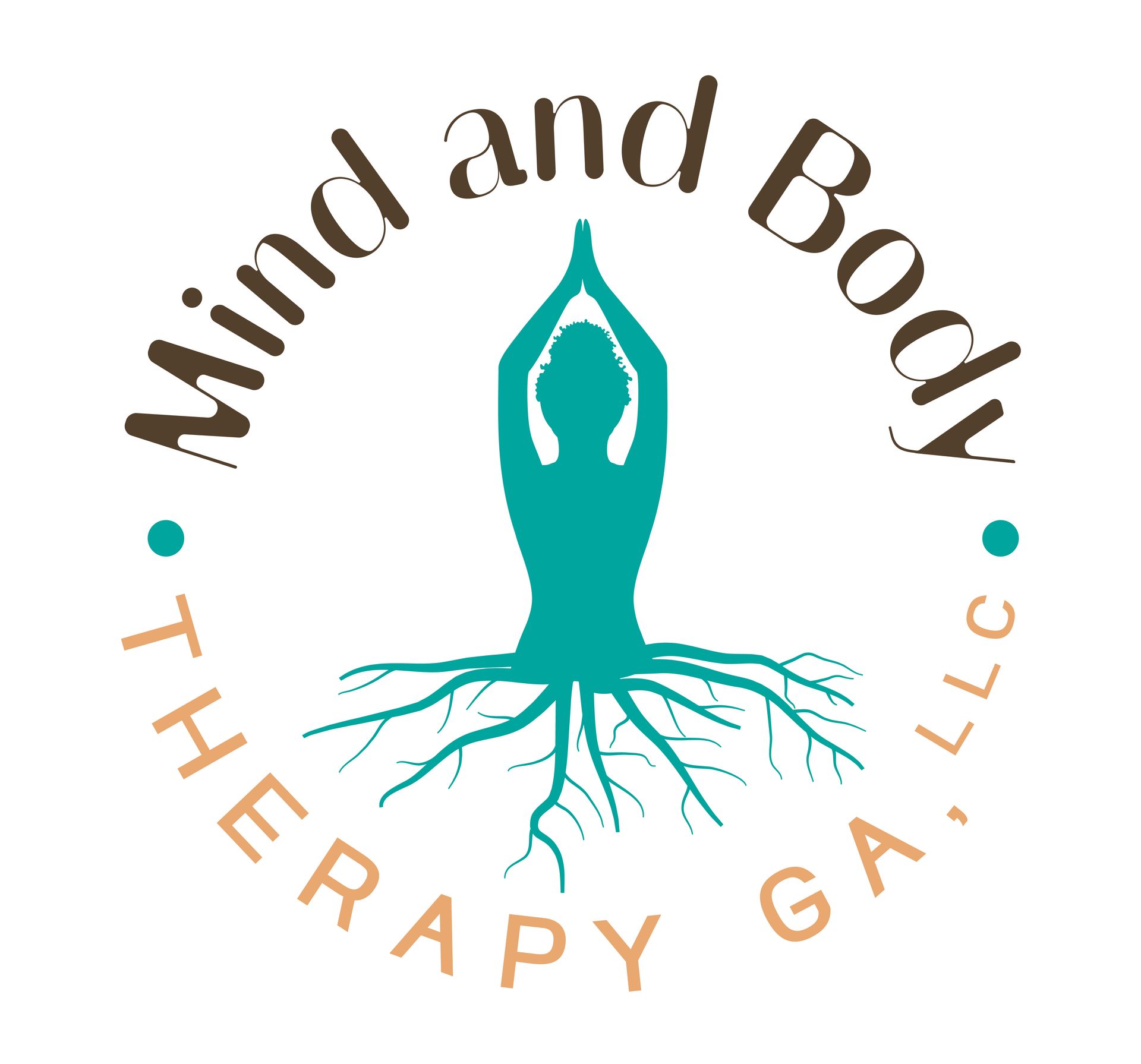Rest as Resistance: Reclaiming the Body from Grind Culture

In a society that equates worth with productivity, grind culture—characterized by ceaseless hustle, burnout, and the glorification of exhaustion—has become normalized. For Black communities, whose labor has historically been exploited under systemic racism and white supremacy, the pressure to perform and “prove” one’s value can feel especially acute. Rest, then, becomes not only a personal necessity but a radical act of self‑preservation and collective resistance.
Understanding Grind Culture and Its Impact
Grind culture teaches us to ignore our body’s signals—fatigue, burnout, chronic stress—in favor of relentless output. Tricia Hersey, founder of The Nap Ministry, reminds us that “to not rest is really being violent towards your body,” and that our worth has been unfairly tethered to productivity rather than our intrinsic humanity.
This dynamic is compounded for Black Americans, who must navigate institutions that historically dehumanize and extract labor from their bodies. By reclaiming rest, Black individuals challenge the narrative that self‑care is a luxury rather than a birthright.
Somatic Therapy: A Pathway to Reconnection
Somatic therapy is a body‑centered approach that bridges the mind–body connection, integrating talk therapy with physical and sensory interventions. According to Psychology Today, somatic therapy “develops awareness of the mind‑body connection and uses specific interventions to release the tension, anger, frustration, and other emotions that remain in a patient’s body from past negative experiences”.
Rather than solely focusing on thoughts and narratives, somatic therapy starts with what the body feels—inviting us to notice breath patterns, muscle tightness, and energy shifts as gateways to deeper healing.
Somatic Practices to Reclaim Rest
By tuning into the body, somatic therapy offers concrete techniques to shift out of “fight‑or‑flight” and into restorative states:
Breathwork: Practices such as diaphragmatic or “4‑7‑8” breathing help down‑regulate the nervous system, creating a physiological foundation for rest.
Body Scanning: Guiding gentle attention through each part of the body uncovers and releases stored tension, signaling to the brain that it’s safe to relax.
Somatic Movement: Slow, mindful movements—such as TRE® (Tension/Trauma Release Exercise) or somatic stretching—activate interoception (body‑awareness) and proprioception (sense of position), promoting ease and presence.
Grounding Exercises: Techniques like feeling the feet firmly on the earth or “dropping” into the seat foster a sense of safety, countering dissociation and overwhelm.
Each of these practices invites a conscious pause—an act of resistance against a culture that discourages slowing down.
Cultivating Pleasure and Presence
Beyond rest, somatic therapy encourages reclaiming pleasure and inhabiting the body fully. Attuning to sensory experiences—warmth of sunlight on the skin, textures of food, rhythms of music—reconnects Black Americans with ancestral ways of knowing through the body. Pleasure, once criminalized or deemed frivolous, becomes a source of empowerment and joy. Journaling prompts, like “What brings me delight today?” paired with a brief somatic check‑in, can cultivate attunement to both body and spirit.
Community and Collective Healing
While somatic therapy is often practiced one‑on‑one, community gatherings amplify its impact. The Nap Ministry hosts Collective Napping Experiences—group sessions where facilitators guide participants through meditation, rest, and discussion—to underscore the communal nature of healing and resistance. Such events affirm that rest is not an individual indulgence but a collective reclamation of time, body, and dignity.
Conclusion
Reclaiming rest is a radical refusal of the narrative that our worth is measured by output. Through somatic therapy, Black folks can relearn the language of their bodies—recognizing fatigue as wisdom, pleasure as protest, and presence as power. Each breath, each moment of ease, becomes an act of resistance and a step toward intergenerational healing.
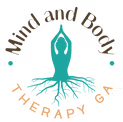
At Mind and Body Therapy GA, we are committed to cultivating healing, resilience, and empowerment through our specialized psychotherapy services. Our mission is to establish a safe and culturally affirming environment where individuals can begin their transformative journey toward healing.
